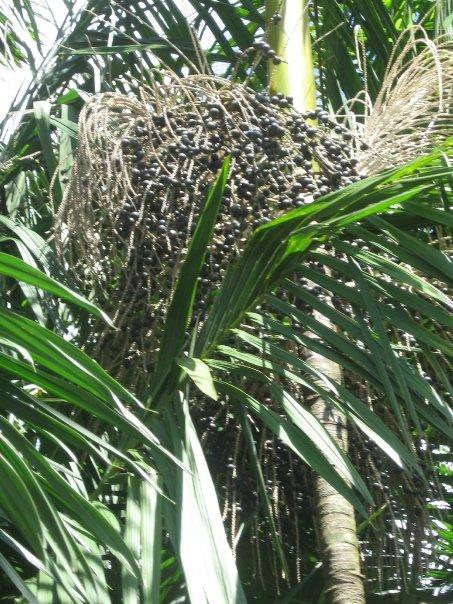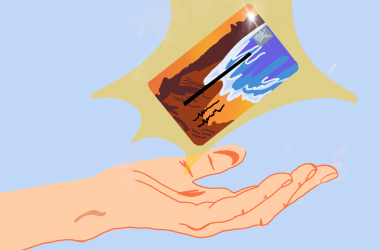It’s purple, small and round, grows in the Amazon and is an example of Brazil’s continuing trouble with balancing economic fairness for small farmers and sustainability of the environment.
The açaí berry from the açaí palm tree is a fast-growing staple of Brazilian exports to countries like the United States, where it is used in beverages and hyped as a “superfood” stuffed with antioxidants.
In recently traveling to Brasil, I saw what it meant to be dependent on one’s environment for national and personal survival. With the berry production going international, it has encouraged deforestation, an already hot topic in a timber and mining-reliant nation.
Instead of farmers managing a diverse area of vegetation per one hectare, farmers are clearing any land below the palm tree so all of the soil’s nutrients are driven to the açaí. This decreases the biodiversity of any given area.
According to Ima Vieira, the director of the Museu Paraense Emilio Goelde in Belém, Pará, Brazil — also is an ecologist with a specialty in degradation — because of the berry’s export popularity, the price has been increasing.
Vieira said before it became a celebrity, for one liter it cost local Brazilians 1-2 reais, which is equivalent to 50 cents to $1 in the U.S. Now for the same amount it costs 10 reais for locals, or about five U.S. dollars. A once healthy available food source for the lower class has turned into a rich-man’s snack, thus contributing to malnutrition problems.
According to a March article in The New York Times, 53 new food and drink açaí products were launched in the U.S. in 2008, where it was only four products in 2004.
While the Brazilian government requires cultivators to use only 20 percent of their allotted land and to keep the other 80 percent as a nature preserve, most farmers, Vieira said, do not follow this regulation for resource harvesting.
The municipal governments are said to frequently look the other way on illegal deforestation, which is understandable. How do you tell people living below the poverty line to stop their way of life and to cease their modes of survival? What jobs do you give them? Where do these people go to make a living? What will they eat and drink?
America doesn’t help. In fact, we are a huge contributor to the problems areas like the Amazon face. We are the consumers — an import-driven country. While we push everyone to be environmentally friendly, we continue to consume; we’re just outsourcing what we are consuming, so it doesn’t look like it’s so bad here.
Countries like Brazil become exploited because they need the money — they have what we want, and we have what they want — it seems like such a simple exchange. But all of a sudden, the land is unusable, so they must find other land; the cycle repeats and more land is needed — and more — and more.
And then we continue to pay them off for their exotic goods, for their unknowing silence, their soil and dreams.
Joanne Tucker is a senior physical anthropology major and the editor in chief of the Daily Forty-Niner.
E-mail addresses are used only to notify you of replies and are not displayed
Comments powered by Disqus




